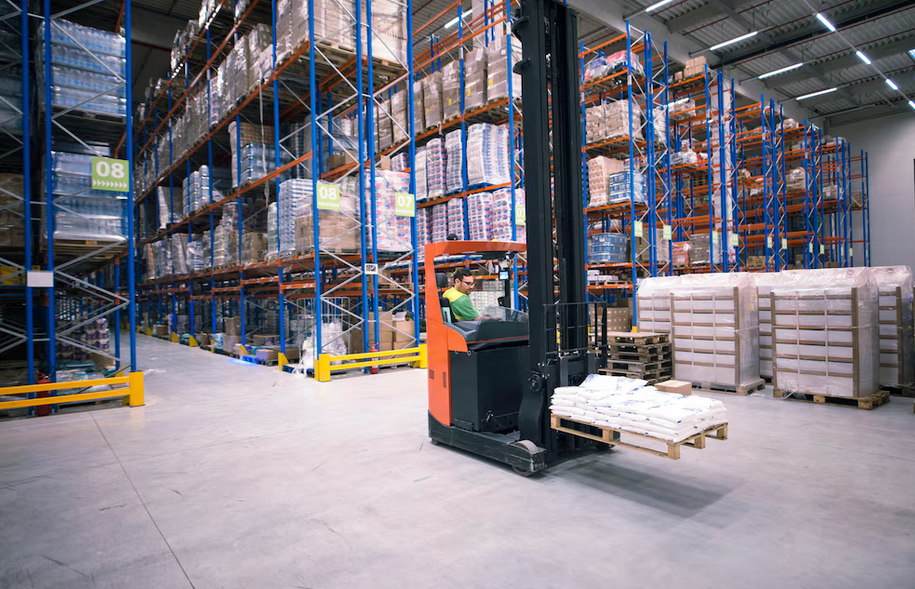Operating a forklift is a specialized skill that requires training, knowledge, and proper certification. Forklifts are powerful machines used in warehouses, construction sites, and factories to move heavy loads efficiently. However, their operation comes with risks, making it essential for operators to have a forklift license. This document ensures that they are qualified, competent, and understand the safety protocols necessary for this heavy machinery.
Why a Forklift License Is Essential
Forklift licensing is not just a regulatory requirement; it’s a matter of safety and efficiency. Unlicensed operators can cause accidents, resulting in injuries, fatalities, or significant property damage. Forklifts are often used in busy environments where workers and equipment operate in close proximity. Proper training helps operators navigate these areas while minimizing risks.

In addition, employers are legally obligated to ensure their operators are certified. Non-compliance with licensing regulations can lead to fines, legal issues, and increased insurance costs for companies. For operators, a forklift license enhances employability and demonstrates a commitment to workplace safety and professional standards.
How to Obtain a Forklift License
Obtaining a forklift license typically involves three key steps: classroom training, hands-on practice, and evaluation. The training covers topics such as:
- Safety Guidelines: Understanding load limits, stability, and accident prevention.
- Equipment Knowledge: Learning the parts of the forklift, pre-operation checks, and maintenance.
- Operating Techniques: Maneuvering, stacking, and loading safely.
After completing theoretical and practical sessions, operators must pass an assessment to demonstrate their proficiency. In many regions, this certification needs renewal periodically, ensuring operators stay up-to-date with industry standards and best practices.
Benefits of Licensing for Employers and Workers
For employers, licensed forklift operators contribute to a safer and more efficient work environment. Proper training reduces downtime caused by accidents and equipment damage, leading to increased productivity. A licensed workforce also ensures compliance with occupational health and safety regulations, reducing the risk of legal complications.
For workers, a forklift license opens doors to various employment opportunities across industries such as logistics, manufacturing, and retail. Licensed operators often command higher wages and enjoy better job security. The training also instills confidence, enabling them to perform tasks with precision and caution.
Regulatory Standards
The licensing process varies by country, but most follow guidelines set by occupational safety authorities. For example, in the United States, the Occupational Safety and Health Administration (OSHA) mandates certification for forklift operators. In the United Kingdom, the Accrediting Bodies Association (ABA) oversees training standards for lift trucks. Other regions have similar organizations to ensure consistent training quality and safety practices.
Conclusion
Forklift licensing is a crucial aspect of workplace safety and operational efficiency. It protects operators, their colleagues, and the equipment they handle. Both employers and workers benefit from a licensed workforce, as it fosters a culture of safety, reduces risks, and ensures compliance with regulatory requirements. Investing in proper training and certification is not only a legal obligation but also a smart business decision that contributes to long-term success.
